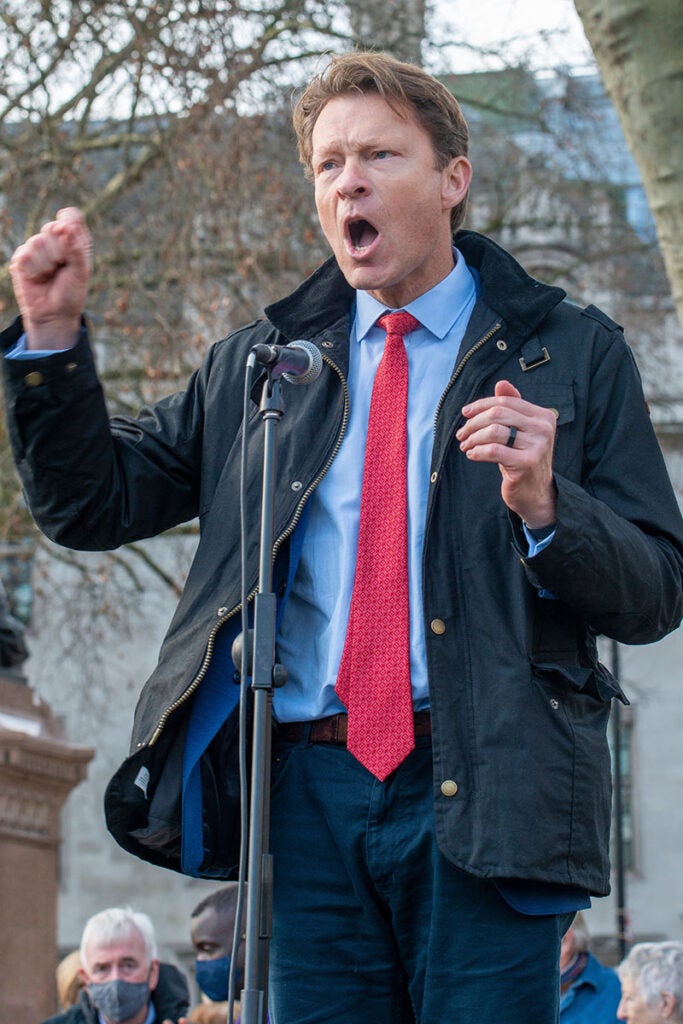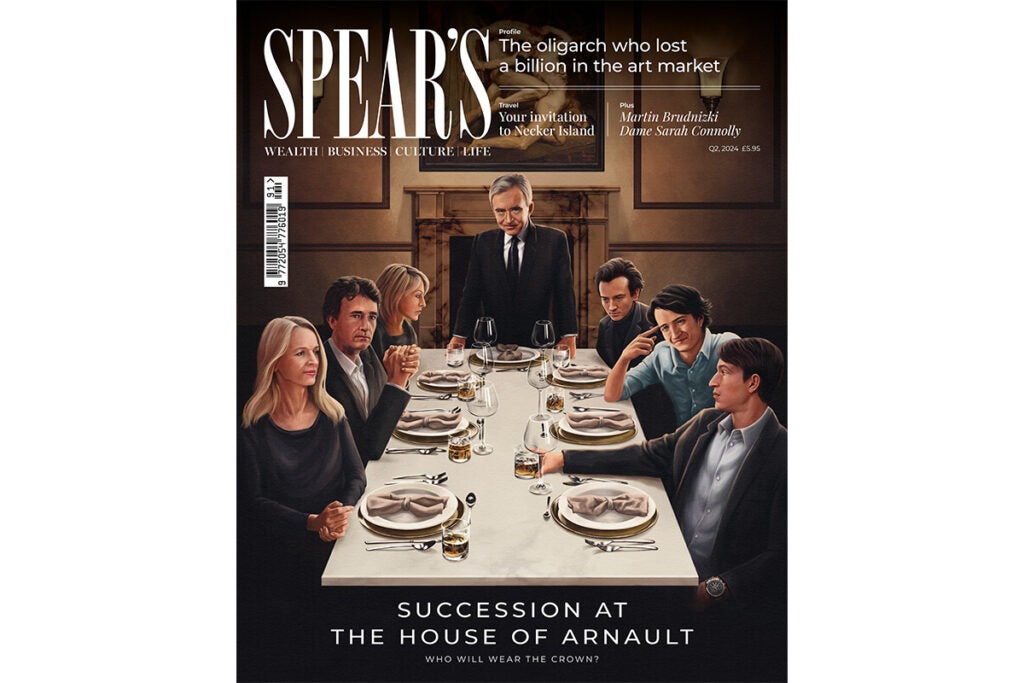
Rishi Sunak and the ruling Conservative Party are heading for a heavy – perhaps even historic – defeat at the 2024 general election. That’s the message from polls and recent by-elections. There used to be an old dogma among pollsters that the Tories could never fall below a 30 per cent share of the vote; that’s when you get to the pro-conservative pensioners, a good number of whom are sequestered in retirement homes and have no idea what’s happening in the country. And yet, here we are, with the party polling in the twenties.
[See also: What are the chances of a Rishi-naissance for Sunak and the Tories?]
What’s more, the swings that we’ve seen going against the Tories at those recent by-elections have been some of the biggest swings against any governing party in Britain’s postwar history. Sunak has won just one of the 11 by-elections held since he took over from Liz Truss. We haven’t seen anything like this since the 1992-97 parliament, just before Tony Blair and New Labour were swept into power with an enormous, commanding majority.
The rise of the Reform Party

Despite the claim from Team Sunak when they took over that the ‘adults were back in charge’, the Conservative Party is actually in a weaker state today than when they took control in October 2022. Nor are these the only problems facing Sunak and his ministers as they brace for the general election. What the polls and by-elections have also revealed is a rapidly growing and very serious rebellion on their right flank, in the form of the Reform Party.
[See also: HNWs more likely to vote Labour than Conservative, poll finds]
Led by Richard Tice with Nigel Farage as its honorary president, Reform is now attracting one in four of the people who voted for Boris Johnson and the Tories in 2019, and one in four of the people who voted for Brexit in 2016. Averaging more than 10 per cent in the national polls, Reform is mainly attracting working-class, older, male and white voters who did not go to university and are deeply concerned about the levels of both legal and illegal migration entering Britain. Yet Reform is also taking aim at other issues on which the Tories have become vulnerable, such as the fact British voters are now facing one of the highest tax burdens in the postwar era, the sharpest decline in living standards since the 1950s, economic recession and very bleak ‘GDP per head’ figures.
‘It’s the economy, stupid’
In short, while inflation is falling, many other economic trends appear to be working against Sunak, who has made the delivery of economic growth central to his 2024 campaign. And voters have certainly noticed. Ask them how the PM and his government are managing the economy – ‘it’s the economy, stupid’, said Bill Clinton’s adviser Jimmy Carville – and more than two-thirds (68 per cent) say ‘badly’.
All of which raises the question: what on earth could Sunak and his chancellor Jeremy Hunt offer voters to try to pull off one of the biggest upsets in British political history?
[See also: ‘Super donors’ cross political aisle to support Labour party]
In Westminster, Jeremy Hunt duly delivered some tax cuts in his spring Budget, even though he had been downplaying the scale of cuts since the end of last year. As the Treasury’s own internal modelling suggested before the Budget, Hunt only had around £14 billion of fiscal ‘headroom’, well down on the £30 billion he had at the end of last year, and which was used for the initial cut in national insurance rates and a cut in business taxes.
The clock is ticking for the Conservative Party
Yet, even still, the chances of pre-election giveaways such as the additional cut to national insurance changing the outcome of the looming election appear minimal. After a long 14 years in government, after the legacy of Brexit, Covid-19, Partygate, inflation and now recession, the Conservative Party is viewed by many voters in a similar way to Prince Andrew: deeply toxic, very unpopular, and alienating much of the country.
And while Sunak is a little more popular than his party, his own ratings have slumped to the lowest level on record, underlining how anything and everything that comes into contact with the party soon becomes collateral damage. While Conservative MPs might be hoping and praying that cutting taxes or offering voters another big, bold pre-election giveaway will be enough to turn the tide, I for one remain deeply sceptical.
From my own weekly polls and my regular focus groups with voters from Red Wall constituencies, one thing seems crystal clear: the Conservative Party is going to need a lot more than a pre-election giveaway to save this sinking ship and turn things around. It is still just about conceivable that Sunak could find what he needs in time. But the clock is definitely ticking.
Matthew Goodwin is professor of political science at the University of Kent. He tweets at @GoodwinMJ
This feature first appeared in Spear’s Magazine: Issue 91. Click here to subscribe







